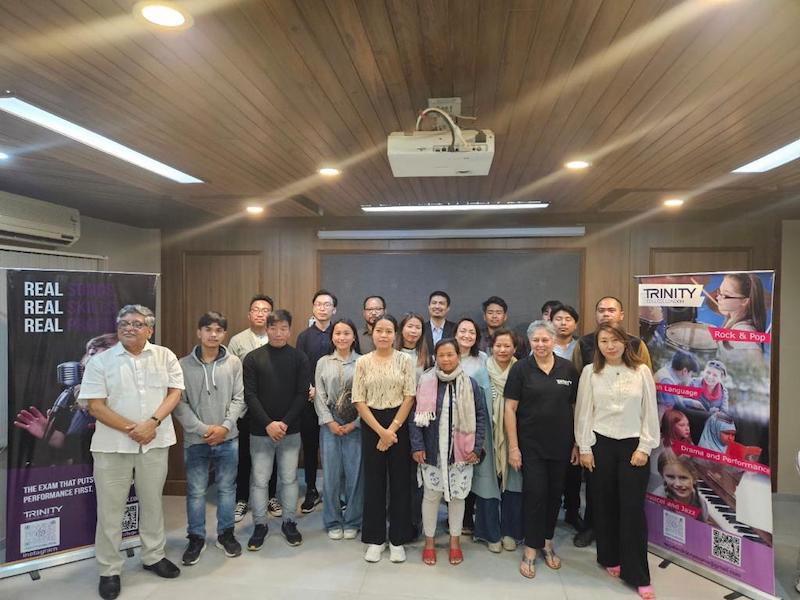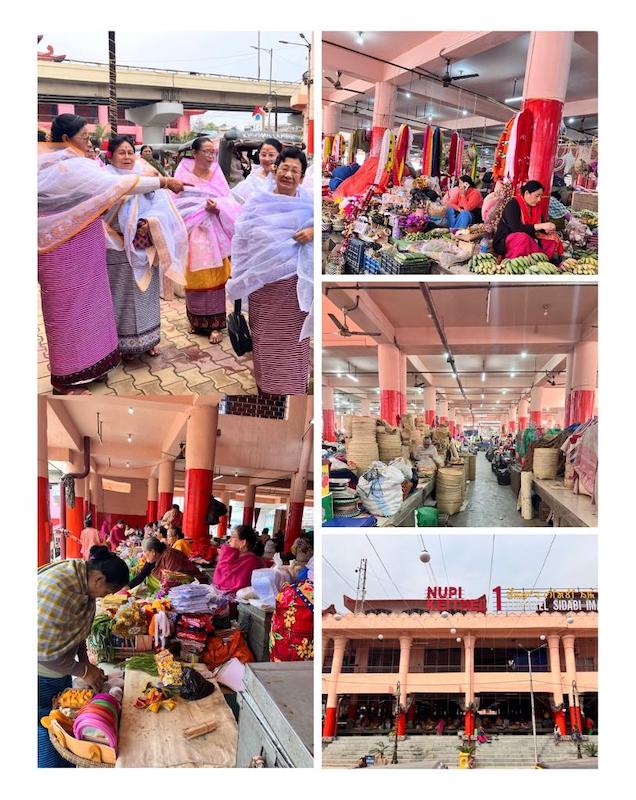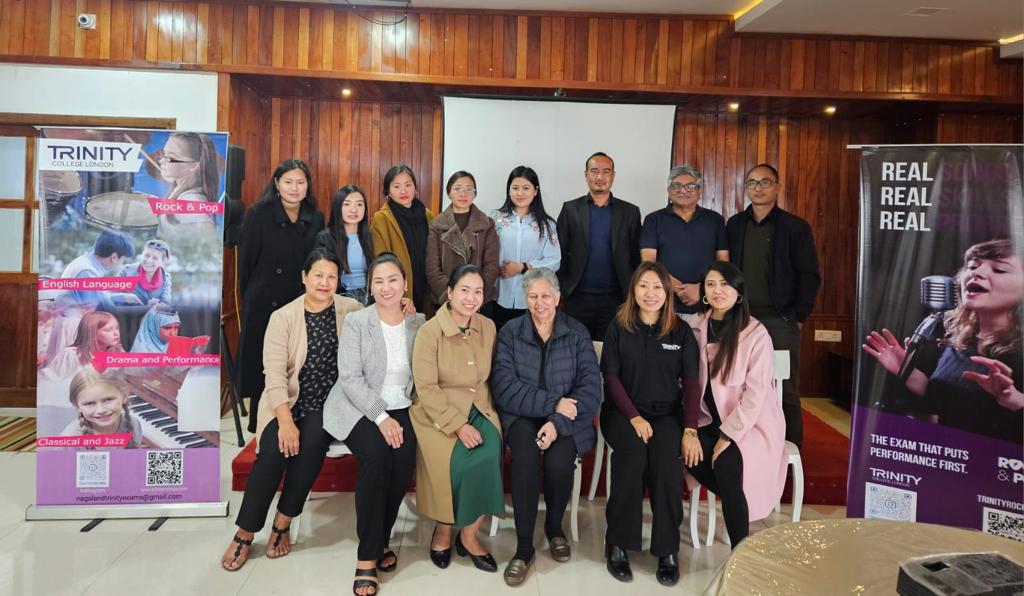From Goa’s sunny beaches, it was a long way to the North East, where we experienced lush greenery, poetic mountain sunsets, misty car rides, glorious food and deep conversations pertaining to music education. Land of the one-horned rhino and famous for its tea, Assam has a growing music community and many in the Guwahati meeting were keen to know how to grow as a teaching community and professionally upgrade their skills.
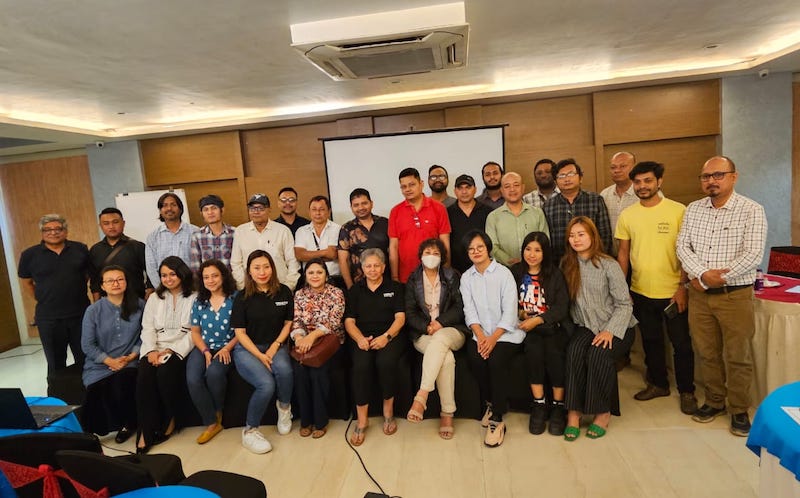
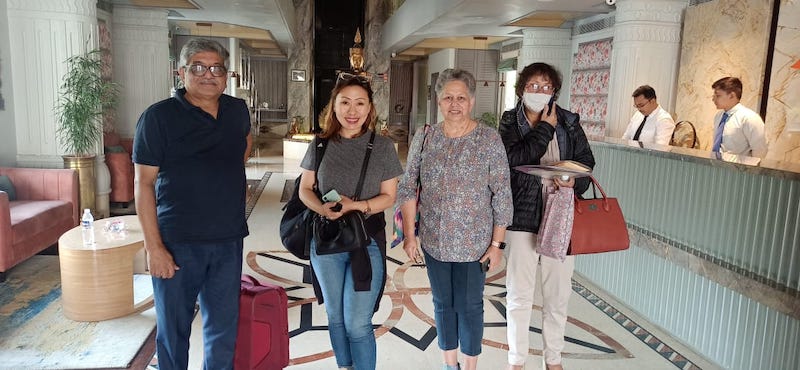
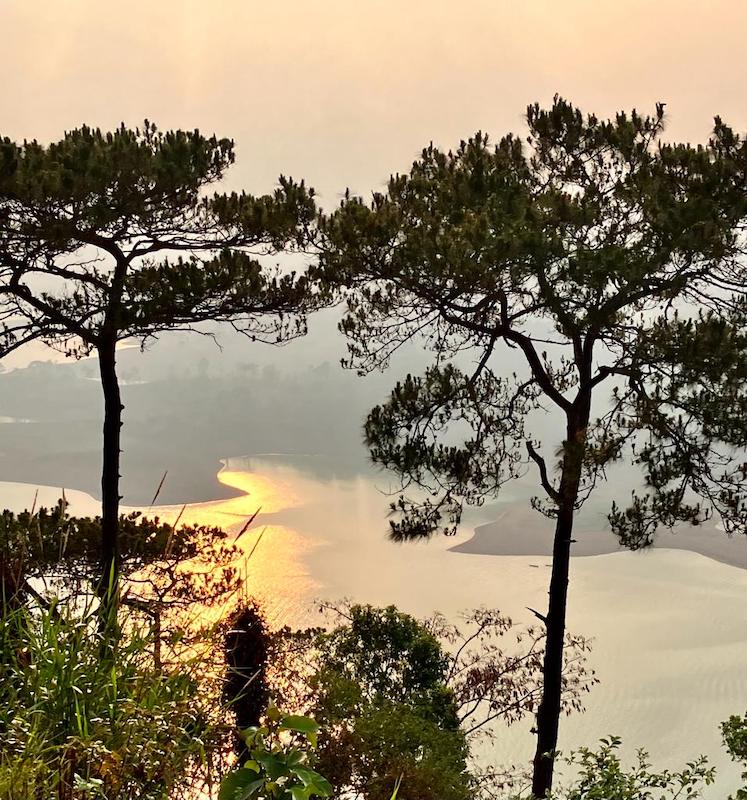
Leaving this bustling city on the banks of the mighty Brahmaputra, we had a scenic car ride up to Shillong, the Scotland of the East, a hill-station that has a long history and connection with Western music. We got in some wonderful walks around the golf course, visited bakeries and were hosted warmly with Khasi hospitality the entire length of our stay. The meeting was held in a century-old bungalow, which served as the residence of our local representative, evoking a sense of colonial charm and nostalgia. Despite the heavens opening up, the teachers braved the rain. What followed was a truly ‘harmonious’ meeting session followed by live music in the parlour.
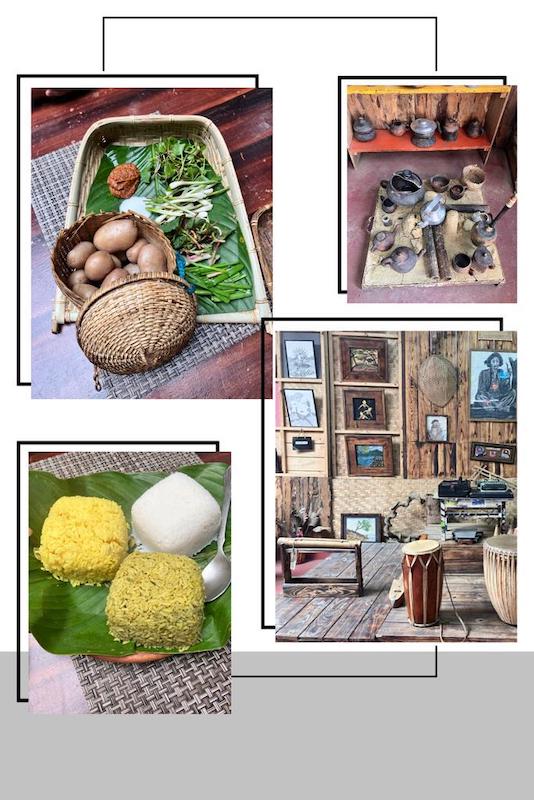
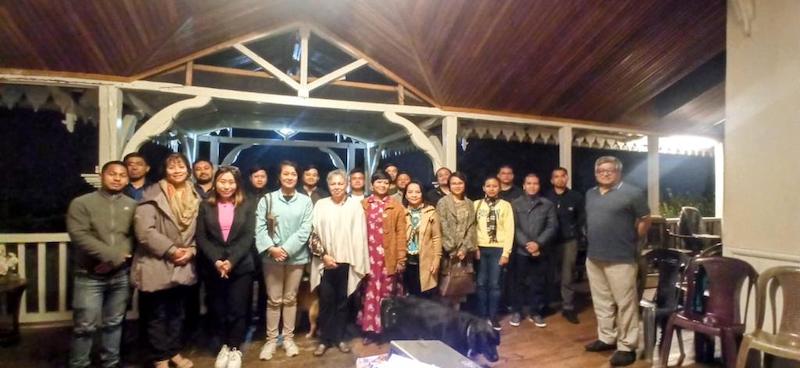
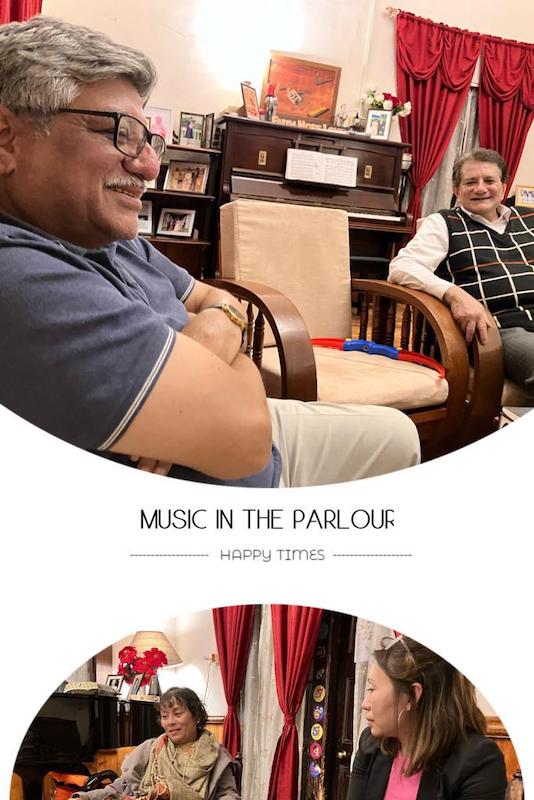
We then flew to Dimapur in a small aircraft and immediately interacted with an energetic bunch of institute proprietors and teachers. The main pitch was the request for off-line exam session for music. One participant travelled 11 hours to attend the meeting which goes on to explain how Trinity has a reach even in the remote areas of the state. The digitalization of exams has really been a benefit to such communities. Vigorous conversations followed over coffee later. The day ended with a dinner date with Alobo Naga who himself is a Trinity Rock n Pop alumni. Reminiscing about his exams in Delhi in the first ever Rock n Pop session in India, he and our Academic Head Anjli Mata had a lot to recollect.
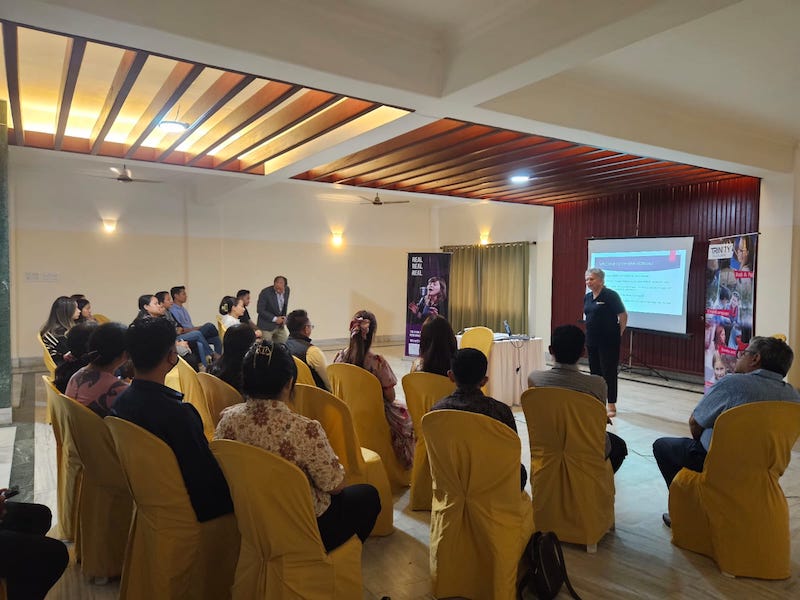
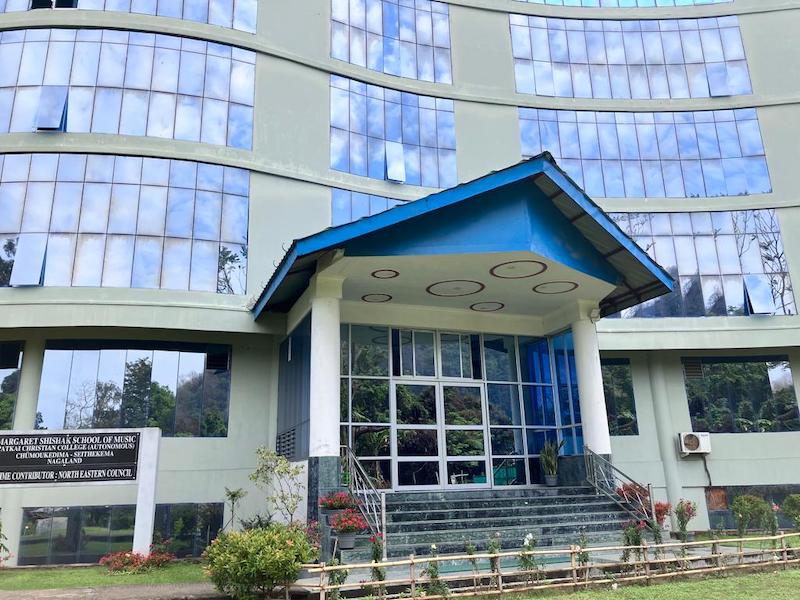
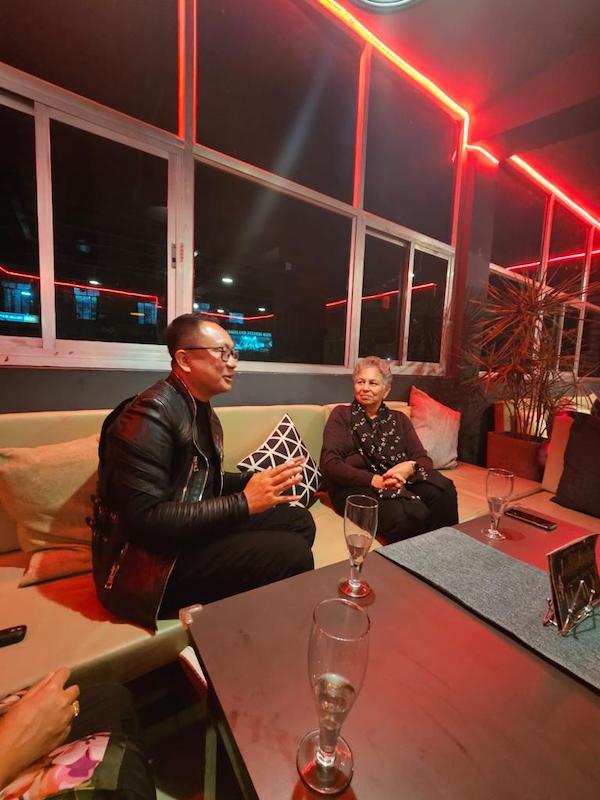
Sunday came and we set out for Kohima with a brief stop at the Patkai Christian College. A flat tyre gave us the opportunity for a short nature walk into a small Naga village while the driver fixed the car. There was an eerie silence as the residents were gathered in the church for Sunday service.
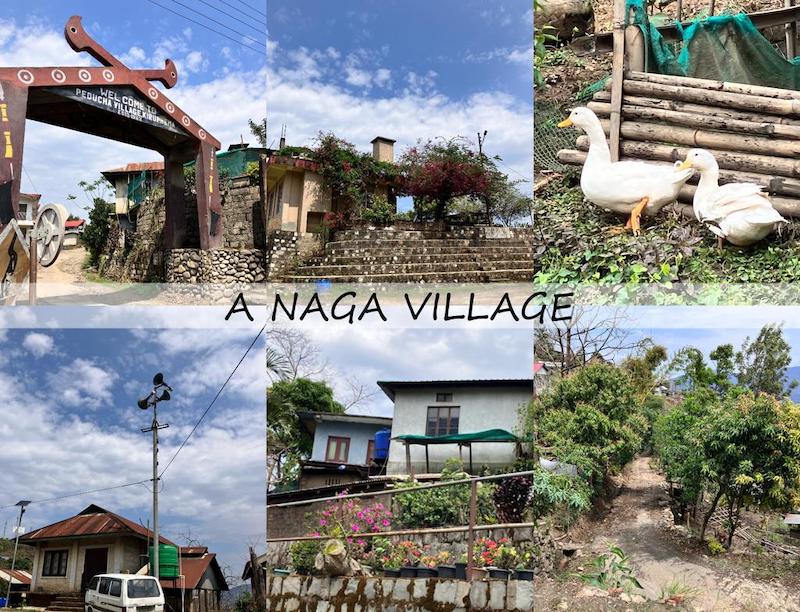
Kohima, home to the Hornbill festival and a city set on a hill (well, several hills)! The meeting was held in a ‘hall with a view’ which made the entire experience a calming affair. Trinity has a definite presence in Nagaland with a large number of candidates taking the exams.
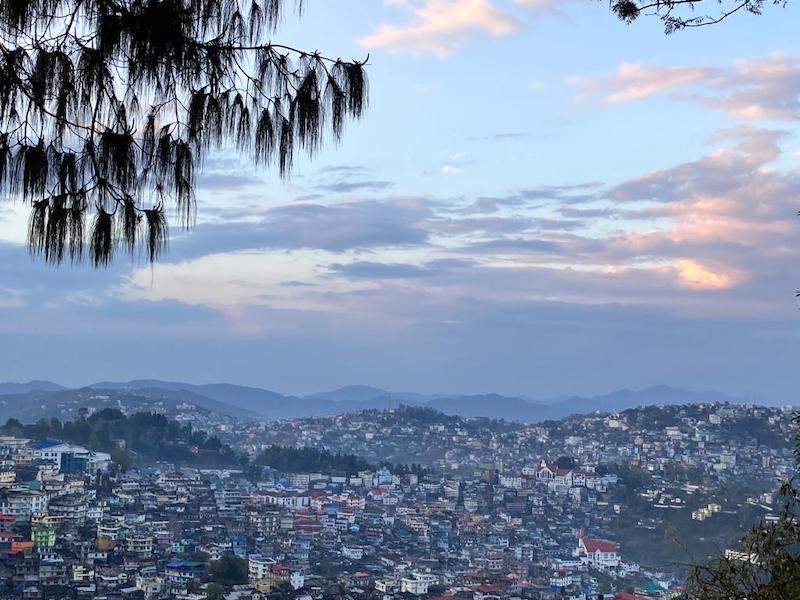
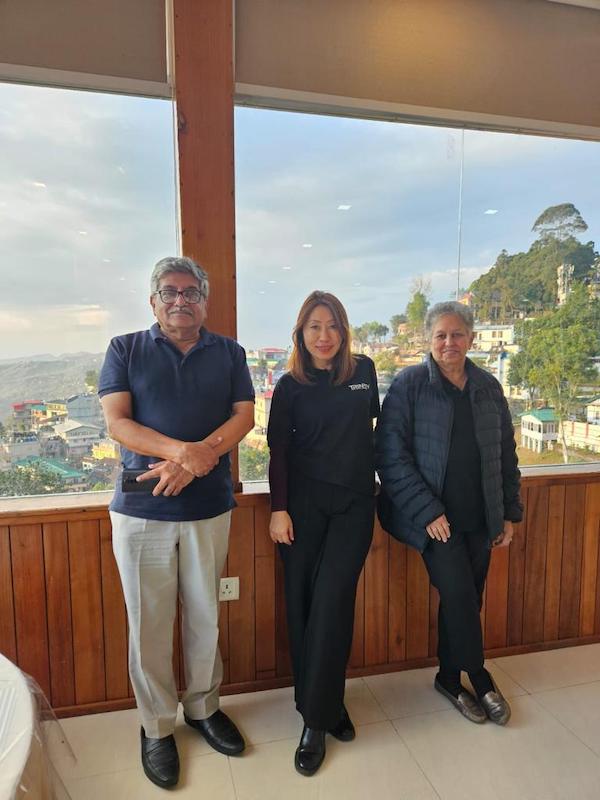
The day ended with a feast by candle-light, hosted by our featuring Lotha cuisine hosted at the local team member’s home.
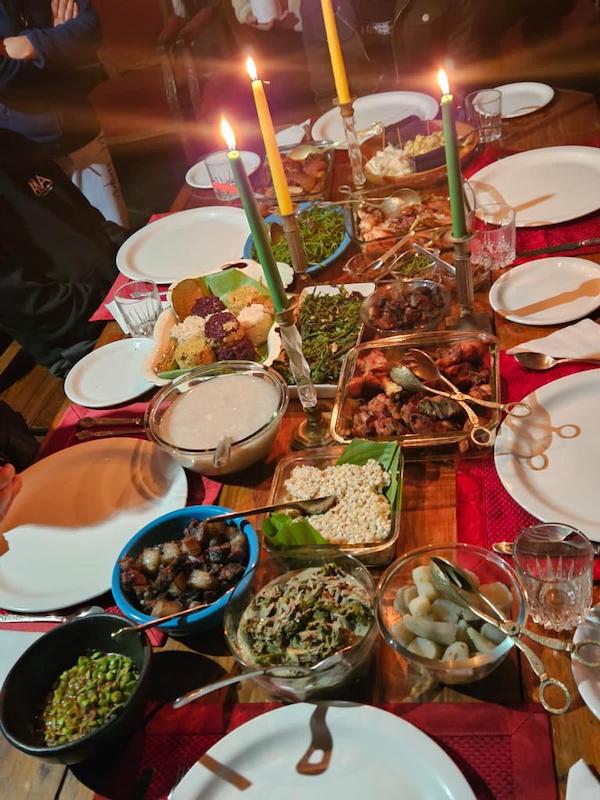
On to Manipur’s capital, Imphal, by road with a brief stop at the Kisima Heritage Village. An unexpected diversion took us through winding roads flanked by Kachnar trees in full bloom. A sight to behold!
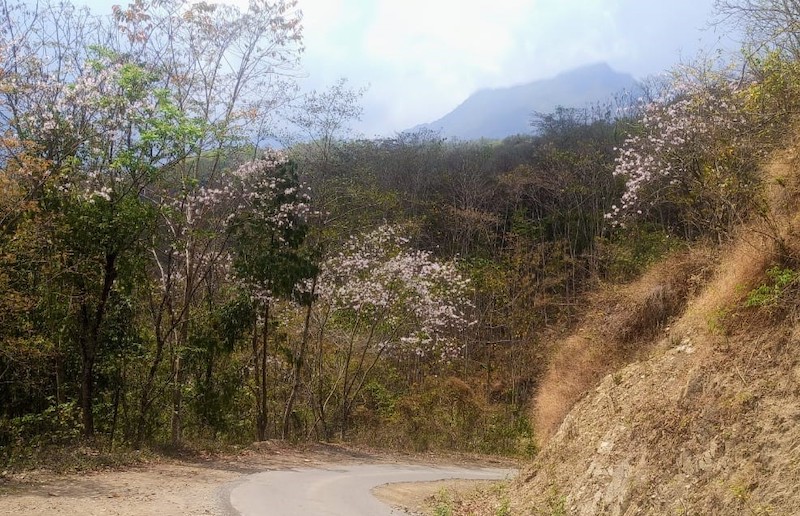
The meeting was the first official Trinity visit and meet by our team and was well-attended and highly appreciated. A trip to the women’s market was an experience to be had and we parted ways, charmed in many ways.
